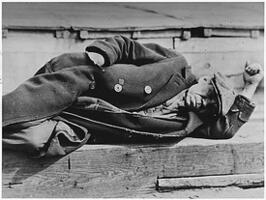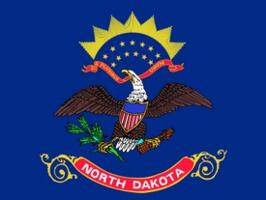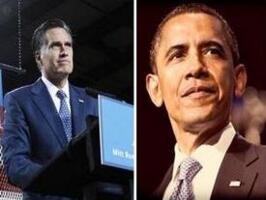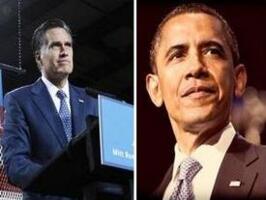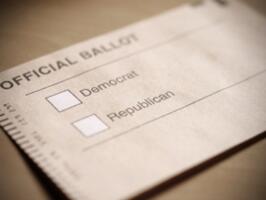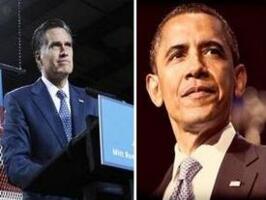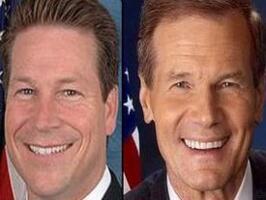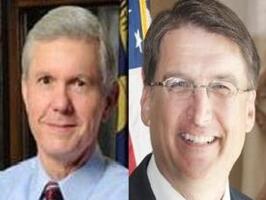55% Say Home Is Worth More Than Money Owed
Short-term confidence among homeowners is at its highest level in several months, but a third of homeowners still say their homes are worth less than the amount owed on their mortgages.
The latest Rasmussen Reports national telephone survey of Homeowners shows that 26% believe their home’s value will go up over the next year. Twenty-one percent (21%) say their home’s value will go down over the next year, while 49% expect it to remain about the same. (To see survey question wording, click here.)
Take the Rasmussen Challenge! Answers must be submitted by 11:59pm ET on Wednesday, October 24.
The survey of 745 Homeowners nationwide was conducted on October 18-19, 2012 by Rasmussen Reports. The margin of sampling error is +/- 4 percentage points with a 95% level of confidence. Fieldwork for all Rasmussen Reports surveys is conducted by Pulse Opinion Research, LLC. See methodology.

